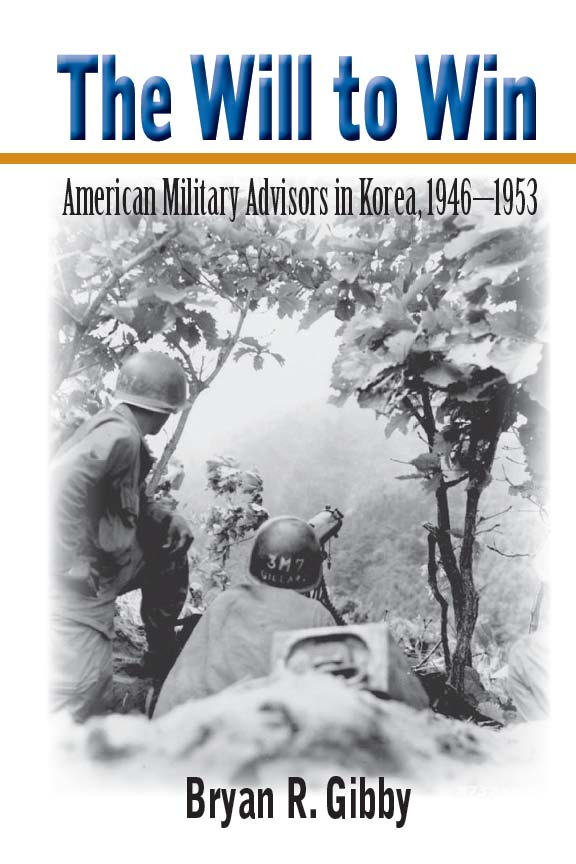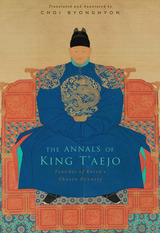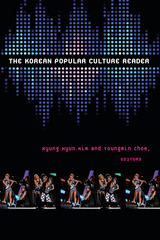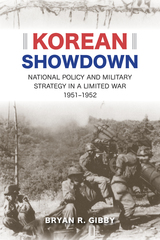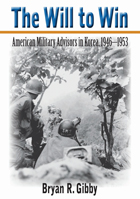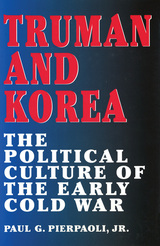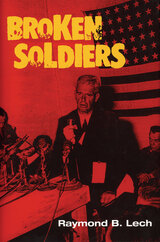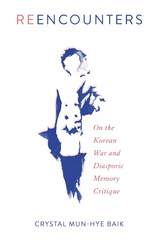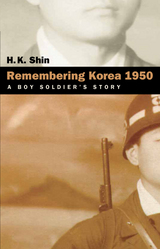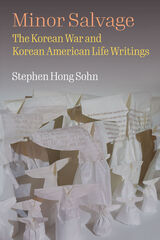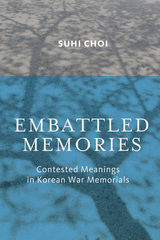The Will to Win: American Military Advisors in Korea, 1946–1953
University of Alabama Press, 2012
Cloth: 978-0-8173-1764-5 | eISBN: 978-0-8173-8611-5
Library of Congress Classification DS919.G53 2012
Dewey Decimal Classification 951.90424
Cloth: 978-0-8173-1764-5 | eISBN: 978-0-8173-8611-5
Library of Congress Classification DS919.G53 2012
Dewey Decimal Classification 951.90424
ABOUT THIS BOOK | AUTHOR BIOGRAPHY | REVIEWS | TOC
ABOUT THIS BOOK
The Will to Win focuses on the substantial role of US military advisors to the Republic of Korea Army (ROKA) from 1946 until 1953 in one of America’s early attempts at nation building.
Gibby describes ROKA’s structure, mission, challenges, and successes, thereby linking the South Korean army and their US advisors to the traditional narrative of this “forgotten war.” The work also demonstrates the difficulties inherent in national reconstruction, focusing on barriers in culture and society, and the effects of rapid decolonization combined with intense nationalism and the appeal of communism to East Asia following the destruction of the Japanese empire. Key conclusions include the importance of individual advisors, the significance of the prewar advisory effort, and the depth of the impact these men had on individual Korean units and in a few cases on the entire South Korean army.
The success or failure of South Korean government in the decade following the end of World War II hinged on the loyalty, strength, and fighting capability of its army, which in turn relied on its American advisors. Gibby argues that without a proficient ROKA, the 1953 armistice, still in effect today, would not have been possible. He reexamines the Korean conflict from its beginning in 1945—particularly Korean politics, military operations, and armed forces—and demonstrates the crucial role the American military advisory program and personnel played to develop a more competent and reliable Korean army.
See other books on: Korea | Korea (South) | Korean War | Korean War, 1950-1953 | Will
See other titles from University of Alabama Press
